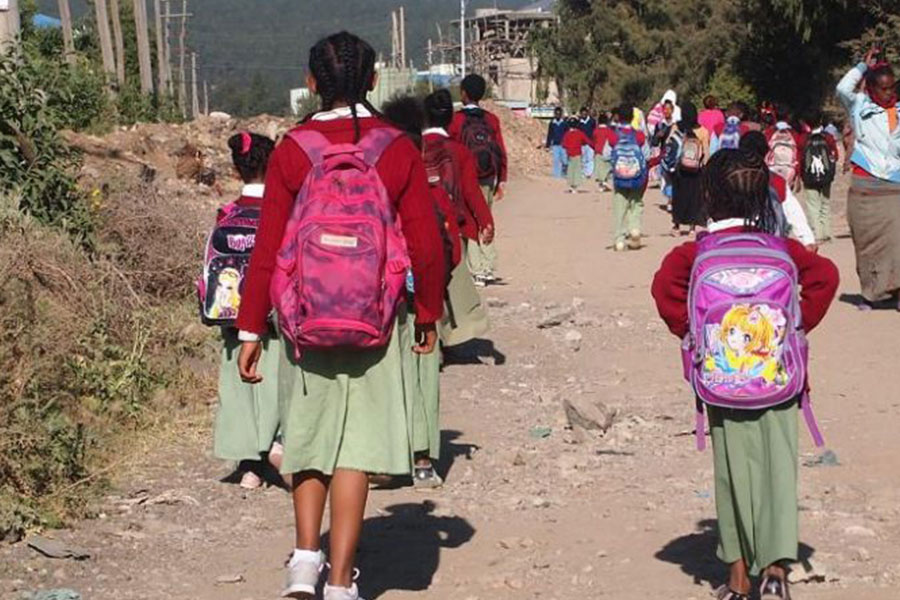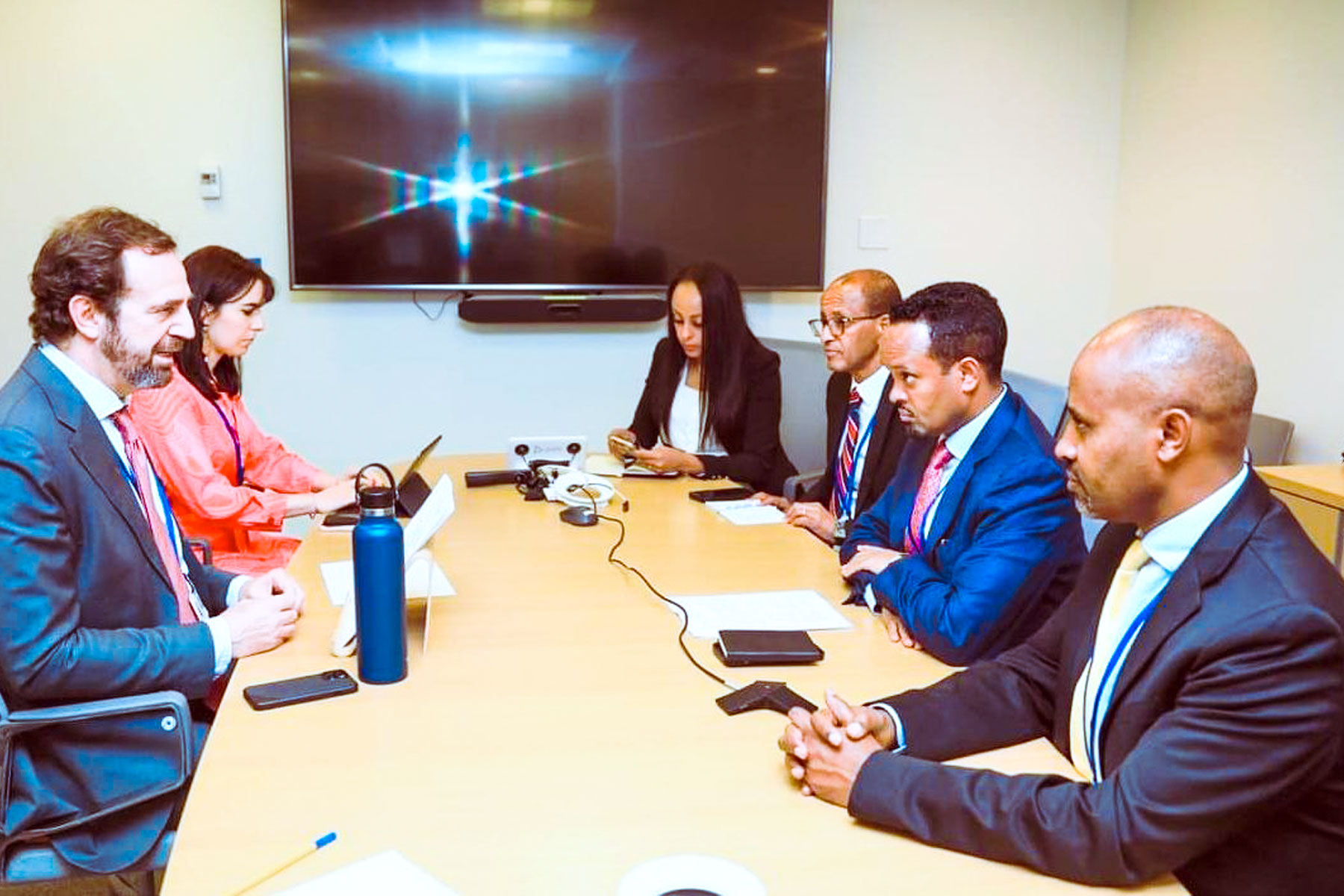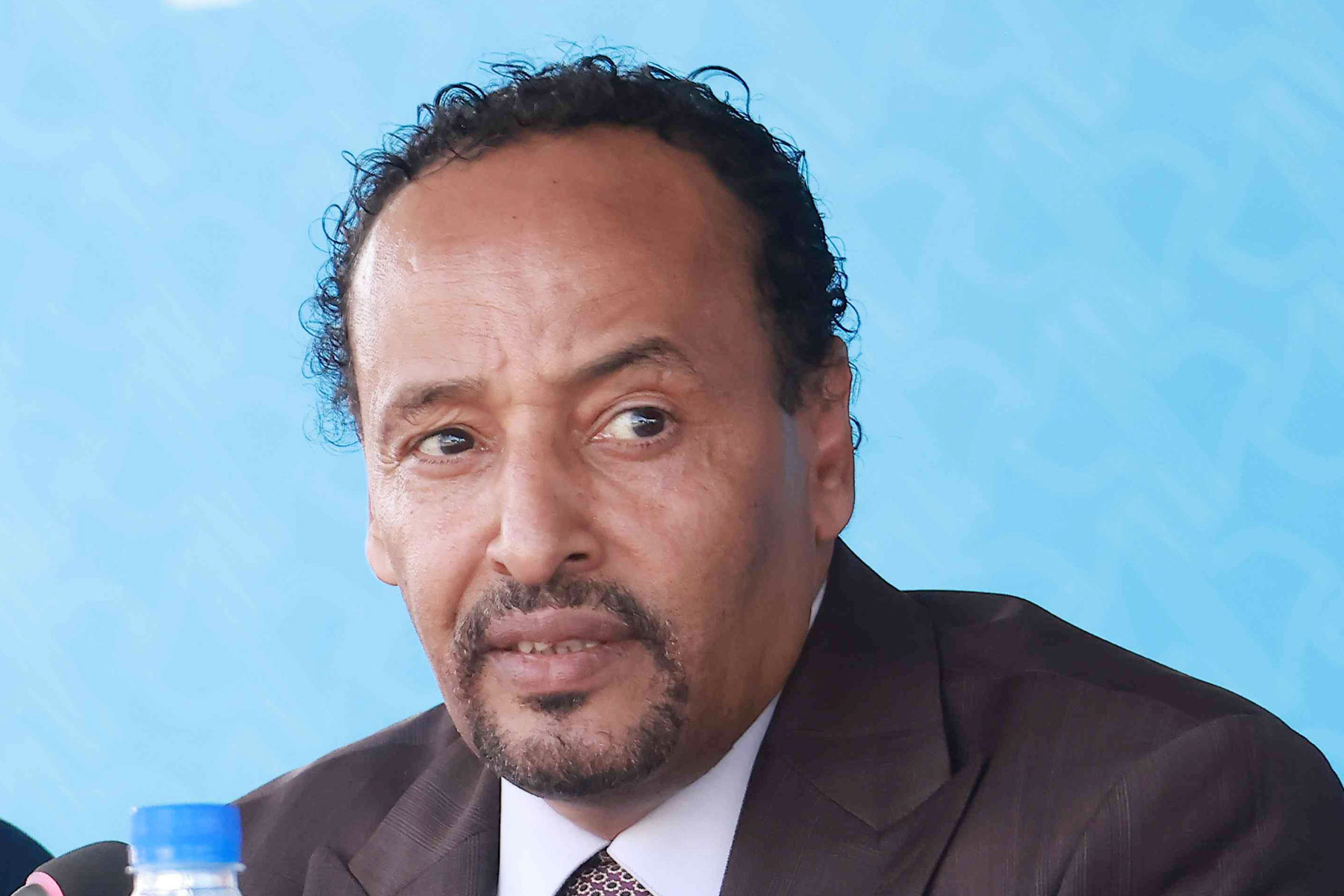
Editorial | Jul 31,2021
Mar 16 , 2024
By Kodjo E. Mensah-Abrampa (PhD) , Thomas Chataghalala Munthali (PhD) and Bjorn Lomborg
Kodjo E. Mensah-Abrampa (PhD) is the director-general of Ghana's National Development Planning Commission. Thomas Chataghalala Munthali (PhD) is the director-general of Malawi's National Planning Commission. Bjorn Lomborg (PhD) is the president of the Copenhagen Consensus and the author of "Best Things First".
Too often, the progress made across Africa's many, varied countries goes unrecognised. The continent only makes headlines in Europe or the United States when a country is in crisis, or people are in need. Negative narratives overshadow the continent's many advancements, including policy breakthroughs and approaches that would inspire the world.
Many African countries have experienced significant economic growth over the past two decades. The continent’s GDP growth is outpacing the global average, driven by increased foreign investment, improved governance, and a growing middle class. African entrepreneurs and innovators are driving change and creating opportunities, with several hubs emerging for technological innovation, particularly in the mobile and fintech sectors.
Mobile money services in Kenya and Ghana have revolutionised financial transactions and increased access to banking services for millions across the continent.
Africa's young population presents a demographic dividend, with a large and growing workforce that can drive economic growth and innovation. Many governments invest more in education and skills training to harness this potential. There have been notable improvements in healthcare and education outcomes across many African countries. Increased access to healthcare services, improvements in sanitation and hygiene, and efforts to combat diseases like HIV/AIDS, malaria, and tuberculosis have contributed to longer life expectancy and improved quality of life.
While Africa still faces numerous challenges, including poverty, inequality, and conflicts in some regions, it is essential to recognise the significant progress that has been made and the immense potential for further development and prosperity across the continent.
As African countries strive to make even faster progress, focusing on the areas where policies can be most effective is crucial. No nation, whether rich or poor, has the resources to achieve all good things at once.
Unfortunately, the international approach to insist that the world needs to address all issues simultaneously, at full speed — while well-intentioned — has not been helpful.
In the Sustainable Development Goals (SDGs), the world has promised everything to everyone, from fixing hunger and poverty to tackling corruption to climate change and war, improving education, providing jobs, healthcare, and opportunities, along with a bewildering array of major and minor promises, such as developing more urban gardens. While all these policies are desirable, not all are equally achievable with limited resources.
The Copenhagen Consensus, a think tank, and many of the world's leading economists ask which policies could achieve the most good across all these many promises. Our free, peer-reviewed findings offer a roadmap for the 12 smartest initiatives for politicians worldwide. We asked the same question in country-focused projects in Ghana and Malawi. Researchers have found exceptionally effective policies that deliver huge benefits at low costs and can help inspire countries across Africa and the world.
In Malawi, for example, economic research from the National Planning Commission revealed that using technology-assisted learning to improve education is one of the most effective policies, delivering 106 Kwachas [Malawi's currency] of social good for every Kwacha spent. This research is one of the reasons why Malawi's government scaled up foundational skills teaching and learning through cost-effective tablet-based adaptive technology.
This has already reached almost half a million children, and the goal is to get adaptive learning on tablets to all 3.5 million children in Standards one to four over this decade.
In Ghana, research pointed to the power of digitisation to streamline bureaucracy and cut down waiting times and uncertainty for citizens. Ghana's metropolitan, municipal and district assemblies, which are responsible for infrastructure and service delivery, still depend on central government transfers to fund their development, generating only approximately 20pc of their total budget with their resources. Streamlined digitised revenue collection has the potential to improve their autonomy.
Digitising property and business fees can make tax collection much more efficient, helping municipalities provide the best possible services to citizens. Calculating time and money saved, the total benefits of the implementation for an average MMDA are GH¢ 4.3 million [Ghana's currency]; each cedi spent on this intervention yields a return nearly nine times higher.
Across Africa, more countries need to identify and prioritise the policies that would deliver the most bang for the buck. The current focus on achieving everything for everyone embodied in the SDGs is not helping. Even the UN admits that these goals are failing badly. The reason is that promising everything means nothing is a priority. Countries in Africa are tapping into their vast potential for growth and development. We can speed that progress even more by focusing on the most effective and impactful policies.
PUBLISHED ON
Mar 16,2024 [ VOL
24 , NO
1246]

Editorial | Oct 31,2020

View From Arada | Aug 28,2021

View From Arada | Mar 19,2022

Editorial | Dec 11,2021

Photo Gallery | 96911 Views | May 06,2019

Photo Gallery | 89129 Views | Apr 26,2019

My Opinion | 67222 Views | Aug 14,2021

Commentaries | 65778 Views | Oct 02,2021

Feb 24 , 2024 . By MUNIR SHEMSU
Abel Yeshitila, a real estate developer with a 12-year track record, finds himself unable to sell homes in his latest venture. Despite slash...

Feb 10 , 2024 . By MUNIR SHEMSU
In his last week's address to Parliament, Prime Minister Abiy Ahmed (PhD) painted a picture of an economy...

Jan 7 , 2024
In the realm of international finance and diplomacy, few cities hold the distinction that Addis Abeba doe...

Sep 30 , 2023 . By AKSAH ITALO
On a chilly morning outside Ke'Geberew Market, Yeshi Chane, a 35-year-old mother cradling her seven-month-old baby, stands amidst the throng...

Apr 27 , 2024
The Prosperity Party (PP) - Prosperitians - is charting a course through treacherous...

Apr 20 , 2024
In a departure from its traditionally opaque practices, the National Bank of Ethiopia...

Apr 13 , 2024
In the hushed corridors of the legislative house on Lorenzo Te'azaz Road (Arat Kilo)...

Apr 6 , 2024
In a rather unsettling turn of events, the state-owned Commercial Bank of Ethiopia (C...

Apr 20 , 2024
Ethiopia's economic reform negotiations with the International Monetary Fund (IMF) are in their fourth round, taking place in Washington, D...

Apr 20 , 2024 . By BERSABEH GEBRE
An undercurrent of controversy surrounds the appointment of founding members of Amhara Bank after regulat...

An ambitious cooperative housing initiative designed to provide thousands with affordable homes is mired...

Apr 20 , 2024 . By AKSAH ITALO
Ethiopia's juice manufacturers confront formidable economic challenges following the reclassification of...